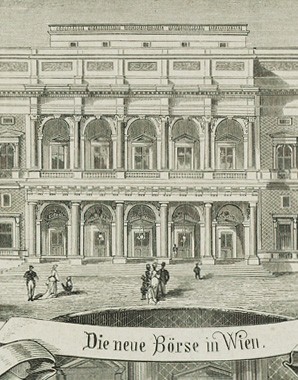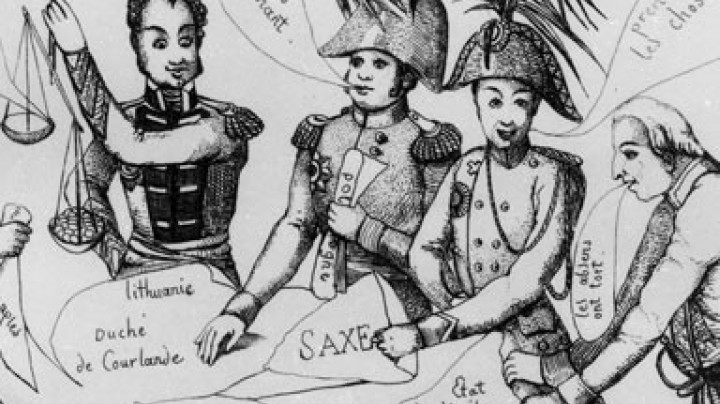The new Austrian anti-Semitism (Part 2)
‘Jewish points’ and Aryan Clauses. In the nineteenth century Jews became the target of political anti-Semitism.
The Christian Social Party held the Jews, whom they regarded as representatives of financial capital, to be responsible for the economic misery that followed the stock market crash of 1873. The German National Party stirred up racist anti-Semitism, and the German Liberal persuasion of the majority of the Jewish population was vilified as a policy of ingratiatory assimilation. It was these Jewish German Liberals who were discriminated against by the various national movements of the Crown Lands. In 1885 the programme of the Christian Social Party set out the ‘Aryan Clauses’ or ‘Jewish Point’: ‘in order to bring about the desired reforms, it is imperative to eradicate Jewish influence in all areas of public life.’ Confronted with this rabid anti-Semitism, the Jewish population showed themselves more distressed than intimidated, since they regarded themselves as citizens of the Empire and were representatives of this culture.
Theodor Herzl reacted to this political subversion with his concept of Jewish nationalism, or Zionism, which aimed at the foundation of a Jewish state. His question, ‘Will they drive us out? Will they kill us?’ was not yet relevant in Vienna and the Habsburg Monarchy, but the xenophobic policy of exclusion was a source of alarm for many people. Nonetheless, the majority of Jews in the Habsburg Monarchy wanted to continue pursuing the path of integration.















